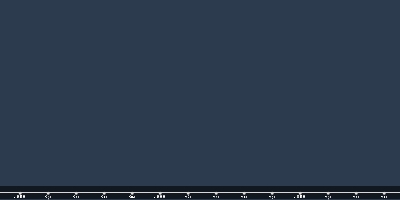Jeroboam's Revolt (1 janv. 931 av. J.-C. – 1 janv. 913 av. J.-C.)
Description:
The historical veracity of Jeroboam's Revolt, a pivotal event in ancient Israelite history, remains a subject of scholarly debate. While evidence supporting the existence of a unified Israelite monarchy under David and Solomon is scarce, the narrative of the revolt is central to understanding this period. Some scholars argue that the notion of a united monarchy is a later literary construct, aimed at glorifying David and Judah.However, there are counterarguments. The Tel Dan Stele provides potential evidence of the House of David as a historical dynasty. Additionally, archaeological findings at Khirbet Qeiyafa and Gath suggest the presence of large urban civilizations in Judea during the supposed timeframe of the United Monarchy. Still, these findings do not definitively prove the existence of such an entity.
Supporters of the revolt's historicity point to indications of significant development in various sites, potentially linked to the tenth century BCE. Furthermore, archaeological evidence at Tell Balata suggests refurbishment during Jeroboam I's reign, aligning with biblical accounts of his rebuilding efforts.
Nevertheless, inconsistencies and challenges persist. The identification of pharaoh Sishak with Shoshenq I raises questions about historical accuracy, particularly regarding the omission of Jerusalem in conquest records. Moreover, discrepancies in dating events further complicate efforts to establish a precise timeline for this period.
In conclusion, the debate surrounding Jeroboam's Revolt underscores the complexities of interpreting ancient history, with evidence both supporting and challenging its historicity.
Ajouté au bande de temps:
Date:
1 janv. 931 av. J.-C.
1 janv. 913 av. J.-C.
~ 18 years
